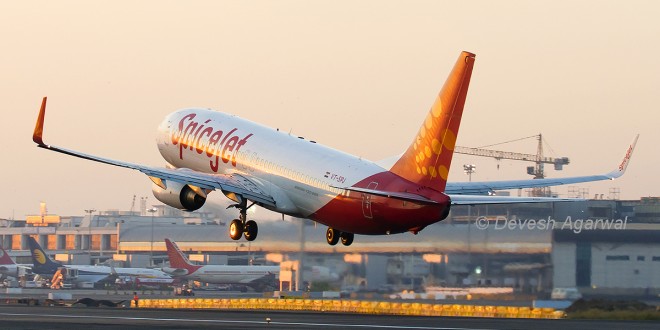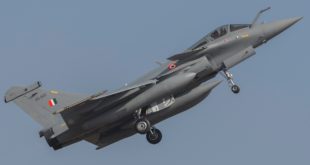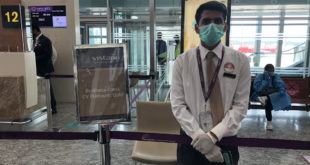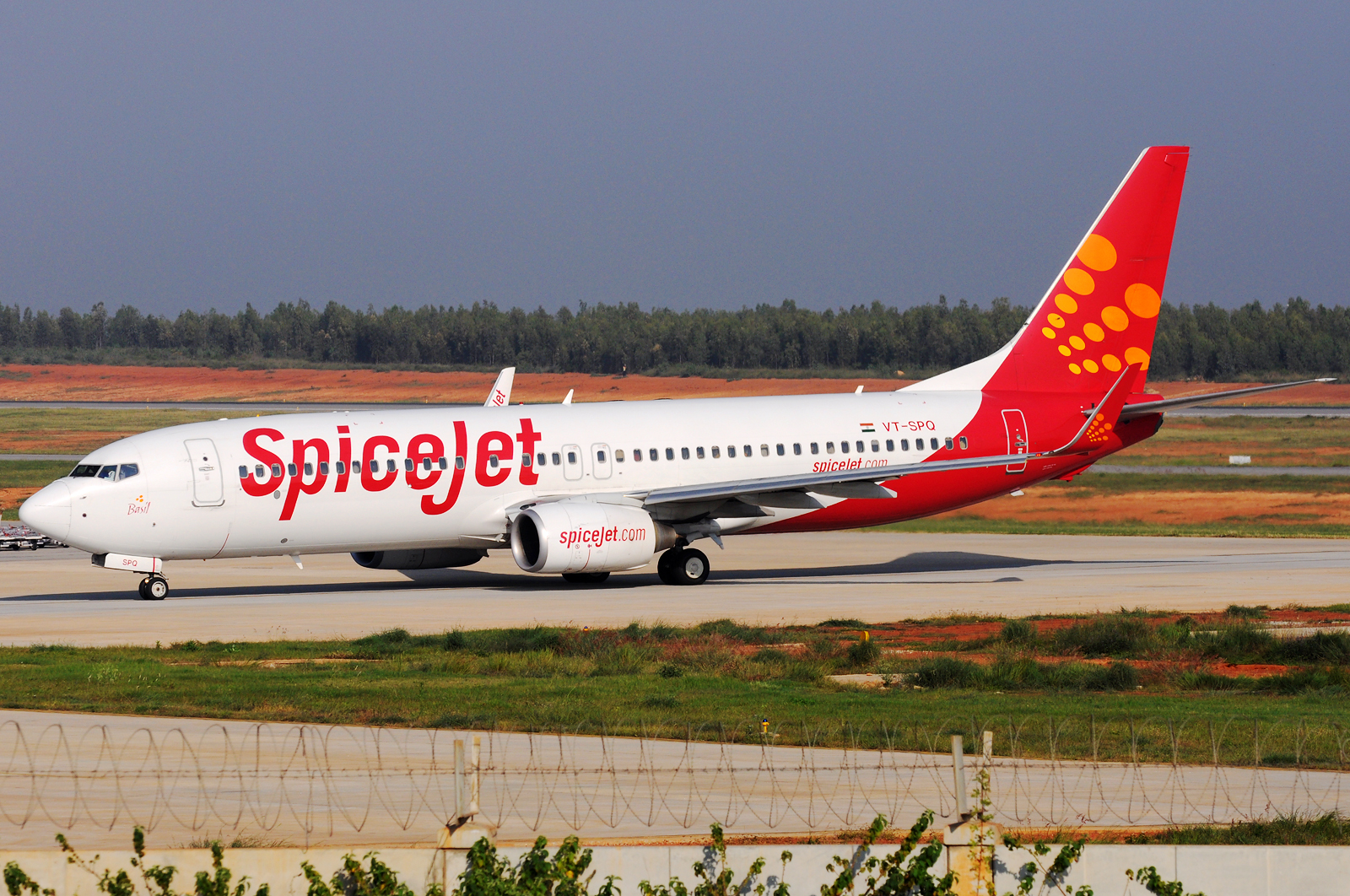While SpiceJet’s chief operating officer Sanjiv Kapoor claims that recapitalisation is the final step of the turn-around process at the airline, there is little doubt SpiceJet desperately needs funds to continue its turn around. Aviation consultancy firm CAPA estimates around Rs 1,500 crore at the minimum. Why is this need for recapitalisation at this stage, and what benefits will it bring.
SpiceJet is plagued by a plethora of financial and operational issues. These include :
- Continuous losses over the previous few quarters have eroded the owners’ funds and currently liabilities outweigh the assets.
- Suppliers withdrawing credit facilities and putting the airline on cash and carry
- Maintenance costs leading to cannibalisation of parked aircraft
- Accusations of withholding taxes deducted from employees (the airline says it is current on its payment to the government)
- Relations with lessors soured who are nervous due to their previous experience with Kingfisher
Long-term benefits of recapitalising SpiceJet
Long term assets like aircraft, whether bought or leased, should be financed by long term liabilities like the equity share capital issued to owners and/or other investors, and by long term debt from financial institutions. Banks are usually wary of lending to companies which are insufficiently capitalised i.e. either low equity base to start with, or the equity has been eroded by continuing losses. But in the previous quarter, SpiceJet issued warrants (options to convert into equity in the future) to the owners and the advances received against warrants (long term liability) were used towards working capital which are short term assets as per the filing to the stock exchange.
Recapitalisation will boost the equity base of the company making it more comfortable for lenders whether SpiceJet wants to raise working capital debt needed for day to day operations, or long term debt, or generating regular profits to service the debt i.e. paying not only the interest but also the principal amount too.
For a capital intensive industry like airlines, Debt to Equity (D/E) ratios are usually greater than one. In December 2013, US Airways group had D/E of 3.93, United Airlines had D/E of 6.98. Having high debt leads to “interest servicing” penalty on the operating profits. Some of the best profits are seen amongst airlines having very low debt to equity ratios. Spirit Airlines is debt free. Alaska Airlines has a D/E of 0.5. Both these airlines had profit margins of around 9.5% against the 4% to 6% observed amongst the bigger debt constrained players.
The financial implosion of Kingfisher Airlines brought a lot of gaps in the system to the surface. Lack of suggested maintenance and cannibalisation of leased aircraft were common complaints. The demands of government authorities and airports for lessors to settle the outstanding of Kingfisher Airlines shattered the trust India enjoyed with lessors. In 2013, Tony Griffin, the CEO of Phoenix Aircraft Leasing had said “The Indian airport authorities have charged the aircraft owners for debts owed to them by Kingfisher and have been able to prevent the rightful owners from removing their aircraft out of India.” Aircraft lessors across the globe have tightened their requirements for leasing aircraft to Indian carriers. Shyson Thomas, promoter of Air Pegasus, explains “They [lessors] do not want to lease it [aircraft] to Indian companies. They are asking us to pay advance rentals of up to 24 months compared with the earlier four to six months. I might as well buy a second-hand aircraft with that kind of money.”
When recapitalised, SpiceJet will be able to calm the concerns of lessors and be in a strong position to re-negotiate more favourable leasing terms.
Short Term Benefits
Airlines have numerous vendors and service providers to deal with. Airports, fuel, ground handlers, catering, route navigation, maintenance, engineering, are just some of the many heads of expense. Most of these expenses are credit based and the longer the term and larger the limit, an airline can negotiate, the better will be its efficient utilisation of cash. Vendors also offer discounts when given prompt payment and large volumes; and low prices are the backbone of the low cost carrier industry.
In the last quarter results, SpiceJet’s auditors had raised concerns about possible delays in vendor payments. In interviews with the media, Kapoor had called for renegotiating existing contracts. Instead, thanks to a distressed cash-flow, SpiceJet spent additional money to continue obtaining critically needed services and supplies. Bangalore Aviation estimates the impact at Rs 40 crore or about 10% of the losses the airline made in the second quarter of fiscal 2015.
Recapitalisation will address the negative working capital at SpiceJet and again enable the airline to renegotiate its contracts for commercial gain.
Share your thoughts via a comment
 Bangalore Aviation News, Reviews, Analysis and opinions of Indian Aviation
Bangalore Aviation News, Reviews, Analysis and opinions of Indian Aviation




